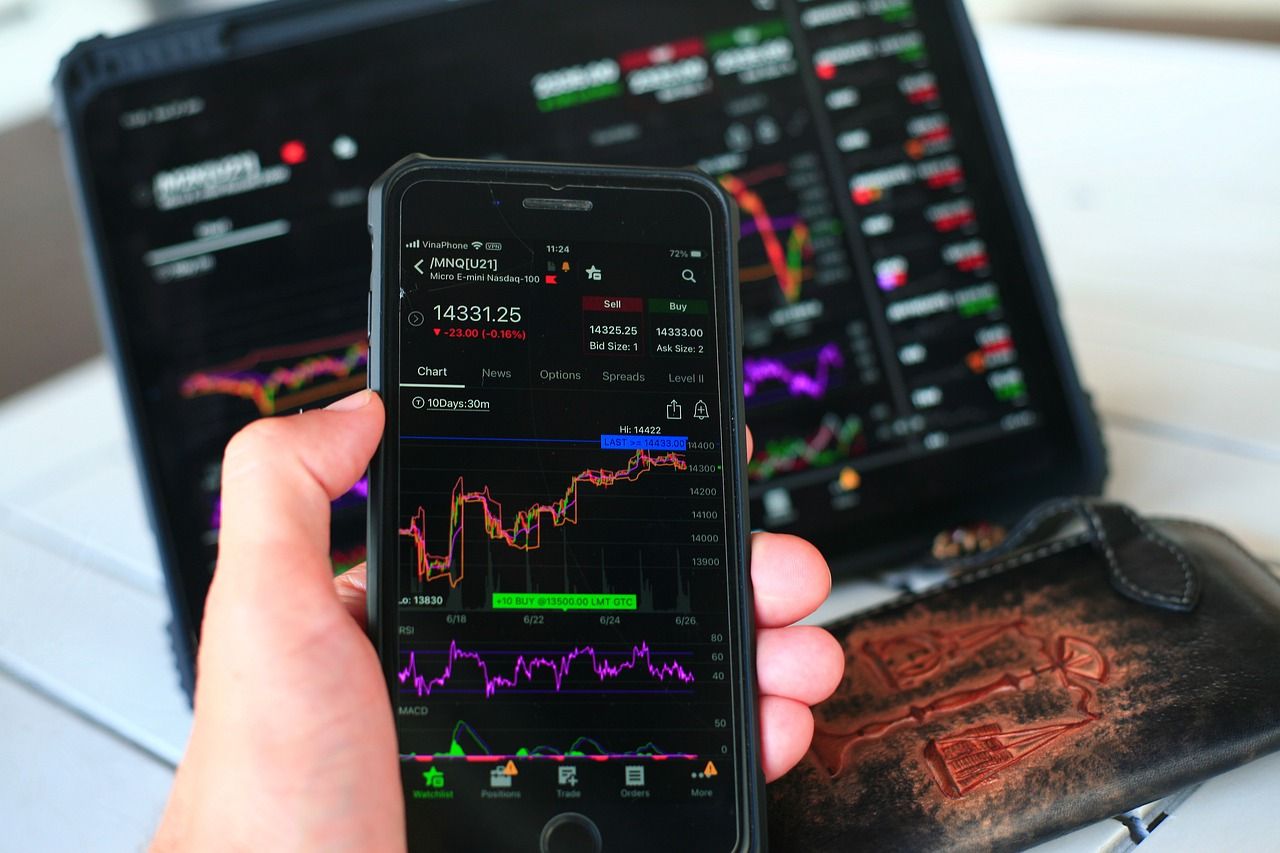Indian equity benchmarks ended Thursday’s session in
negative territory after the day’s breather ahead of a key US inflation
reading. Key indices made a negative start as traders were cautious after
India’s inflation surged to 7.41% in September, mainly due to costlier food
items. For nine consecutive months, retail inflation has remained above the
Reserve Bank of India’s tolerance level of 6%. Heavy selling in banking,
finance, and capital goods stocks due to inflation and growth concerns also
contributed to the losses. A weak rupee and rising crude prices impacted the
market sentiment, traders said.
Also Read | Current global crisis and hyperinflation in post-World War I Germany
The Sensex declined 390.58 points or 0.68% to settle at
57,235.33. The Nifty fell 109.25 points or 0.64% to end at 17,014.35.
The broader indices ended in red with the BSE Midcap index
declining by 0.73% and the SmallCap index down by 0.45%. The only gaining
sectoral indices on the BSE were Healthcare up by 0.17% and Metal was up by
0.13%, while Capital Goods down by 1.22%, Bankex was down by 1.21%, Realty down
by 1.08%, PSU was down by 1.03% and Industrials was down by 0.98% were the top
losing indices on BSE.
Also Read | Oil prices fall as global demand outlook weakens
Top losers from the Sensex pack were Wipro down by 7.03%,
State Bank of India 2.36%, Larsen and Toubro 1.85%, ICICI Bank 1.60%, Asian
Paints 1.12%, HDFC Bank 1.11%, Bajaj Finance 0.99%, Hindustan Unilever 0.97%,
HDFC 0.85%, Bharti Airtel 0.84% and Titan Company 0.79%.
Among the gainers were HCL Tech up by 3.19%, Sun Pharma
1.36%, Reliance 0.37%, Dr Reddy Labs 0.23%, UltraTech Cement 0.08%, Nestle
0.05% and TCS 0.01%.
The Indian rupee declined by 6 paise to close at 82.39
against the US dollar.
Also Read | Top 5 cryptocurrencies of the day: Bitcoin down, EthereumPOW trends at no. 1
Vinod Nair, Head of Research at Geojit Financial Services,
“Retail inflation persisting above the desired levels has been a major
cause of concern for the Indian economy. This, coupled with declining
industrial production in August may not be taken well by the market because the
Indian economy is anticipated to sustain its resilience.
“In this backdrop, the impending US inflation figures,
which are forecasted to remain high, may cause volatility in the global
market,” he added.
Also Read | IMF calls India’s direct-benefit-transfer scheme a ‘logistical marvel’
Asian markets ended mostly lower with the Shanghai Composite
down by 0.30, the Hang Seng down by 1.87%, the Jakarta Composite 0.41%, the
Nikkei 225 down by 0.60%, and the KOSPI Composite 1.81%.
European stock exchanges were trading with gains in
mid-session deals. The US equity markets ended in red on Wednesday.
Brent crude futures, the international oil benchmark
increased by 0.31% to USD 92.74 per barrel.
Also Read | Gold, silver and other metal prices on Thursday, October 13, 2022
According to stock exchange data, foreign institutional
investors (FIIs) remained net sellers in the Indian capital market on Wednesday
as they sold shares worth Rs 542.36 crore.
In a double blow to Indian economic revival, higher food
prices drove retail inflation to a five-month high of 7.4%, while factory
output fell for the first time in 18 months.
Also Read | Rupee rises 4 paise to 82.29 against US dollar
The second consecutive month of rising in consumer price
index (CPI)-based inflation will add to the pressure on the Reserve Bank of
India (RBI) to again raise interest rates to control high prices.







